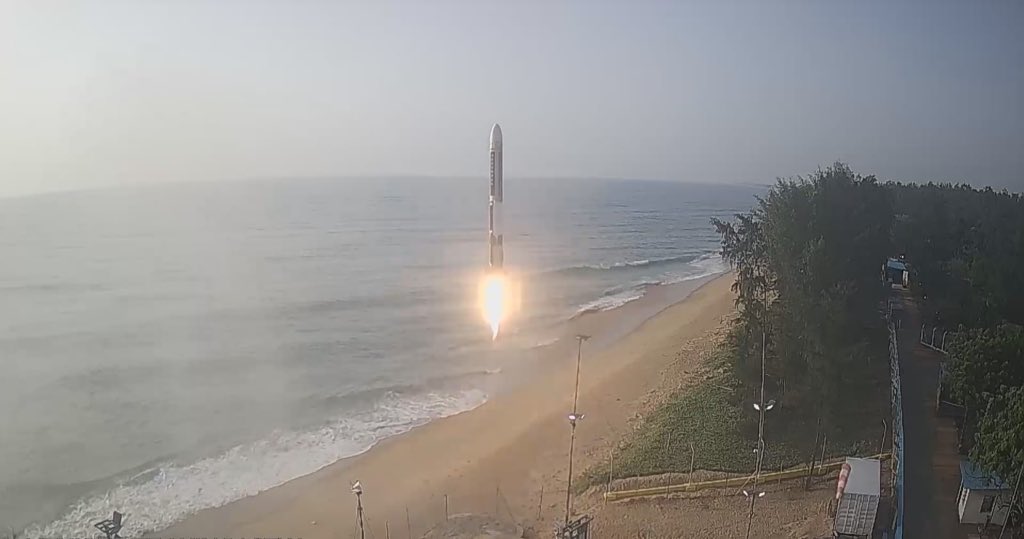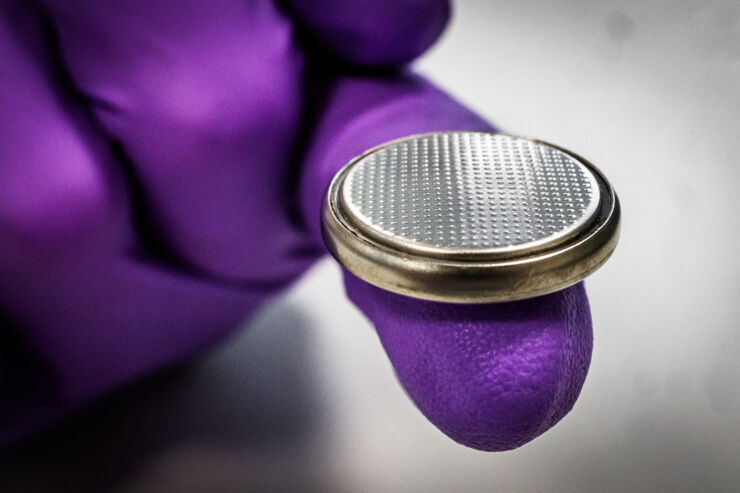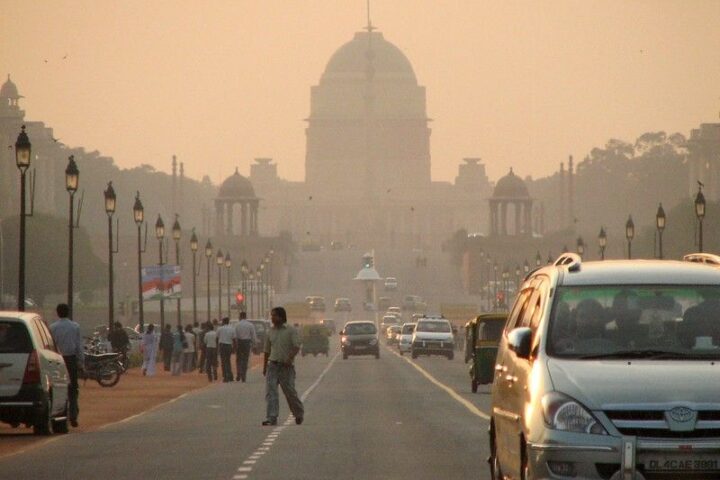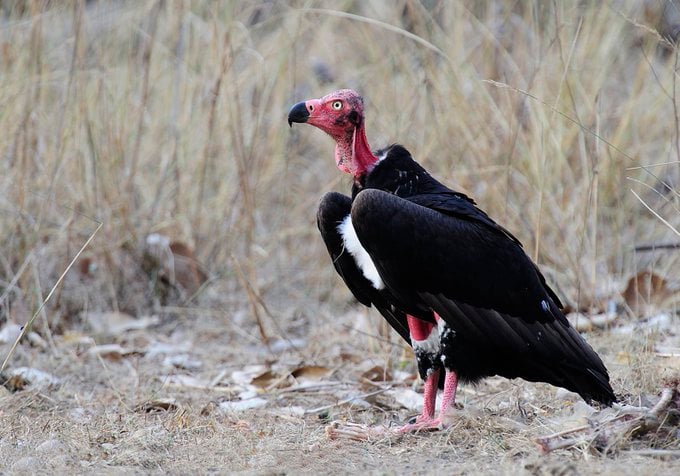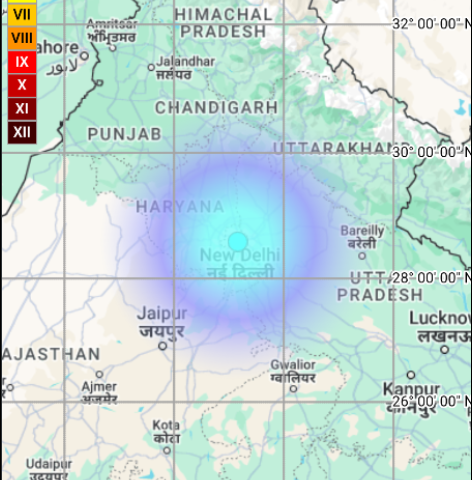If a new thing is to be done, Indians never lag behind. This was demonstrated Thursday when Agnikul used India’s first private launchpad. The IIT (Indian Institute of Technology) Madras-incubated start-up, Agnikul Cosmos, launched the world’s first rocket with a single one-piece 3D-printed engine from Sriharikota.
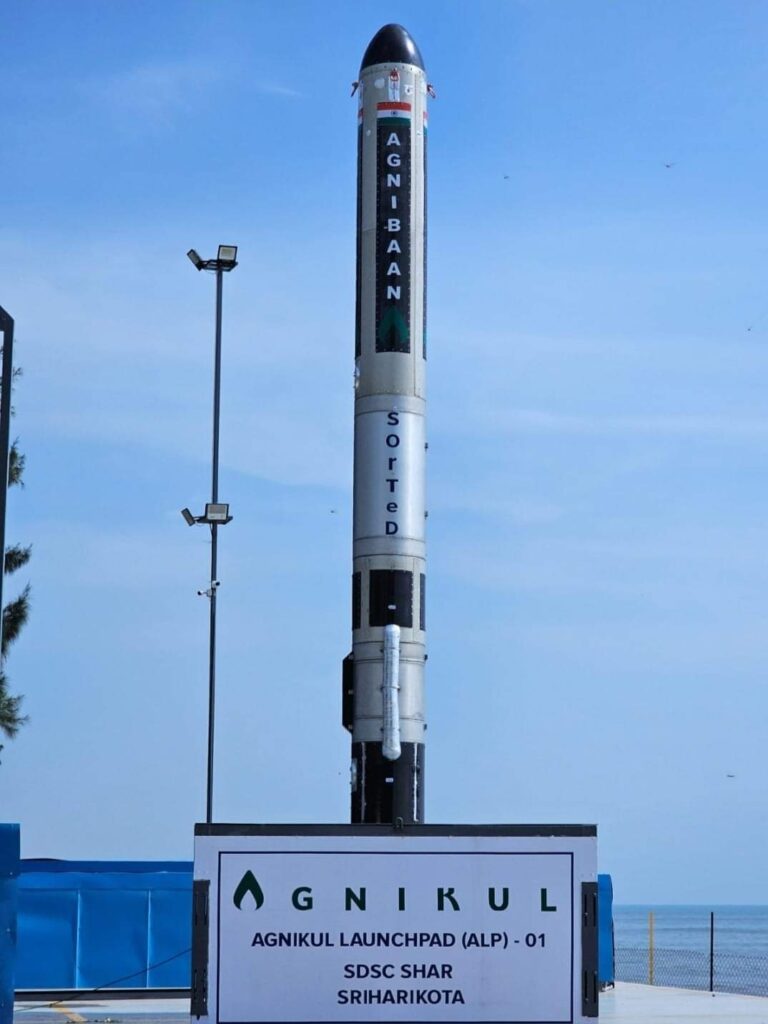
The sub-orbital test flight of the indigenously developed Agnibaan rocket, powered by a semi-cryogenic engine, marks a significant milestone for India’s private space sector. It is the second time that an Indian entity other than the government space agency ISRO (Indian Space Research Organization) has launched such missions.

Agnibaan SOrTeD (Sub-Orbital Technology Demonstrator) lifted off from the Dhanesh private launchpad at Sriharikota. In the past 2 months, the startup had to call off the mission minutes before the scheduled lift-off twice, on April 7 and May 28.
The success of the mission was commended by ISRO Chairman S. Somnath, who was at the launch. Agnikul co-founder and CEO Srinath Ravichandran called it the culmination of the team’s thousands of hours of reviews and hard work.
Agnikul’s team, consisting of over 200 engineers, is guided by 45 former ISRO scientists. According to Satyanarayanan R. Chakravarthy of IIT Madras, Agnikul’s founding advisor, the firm was proud to present India’s first semi-cryogenic rocket engine, which is also the world’s most integrated single-shot 3D-printed piece.
Similar Post
The company began as an incubated startup at IIT Madras and is closely associated with the National Center for Combustion Research Development at the institute. The success takes Agnikul a step closer to test-flying its flagship launch vehicle Agnibaan, a two-stage rocket designed to be highly customizable.
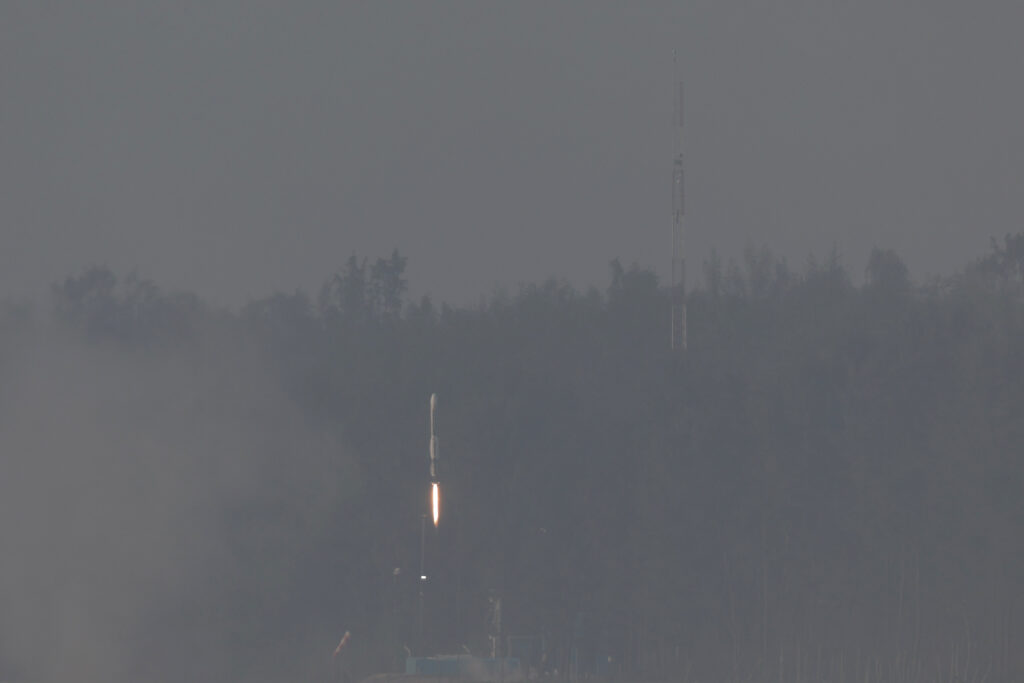
It can carry a payload of up to 300 kg into an orbit of approximately 700 km. The rocket’s semi-cryogenic engine utilized a combination of liquid and gas propellants. Making it the first of its kind in India, the vehicle features Ethernet-based avionics architecture and fully in-house developed autopilot software.
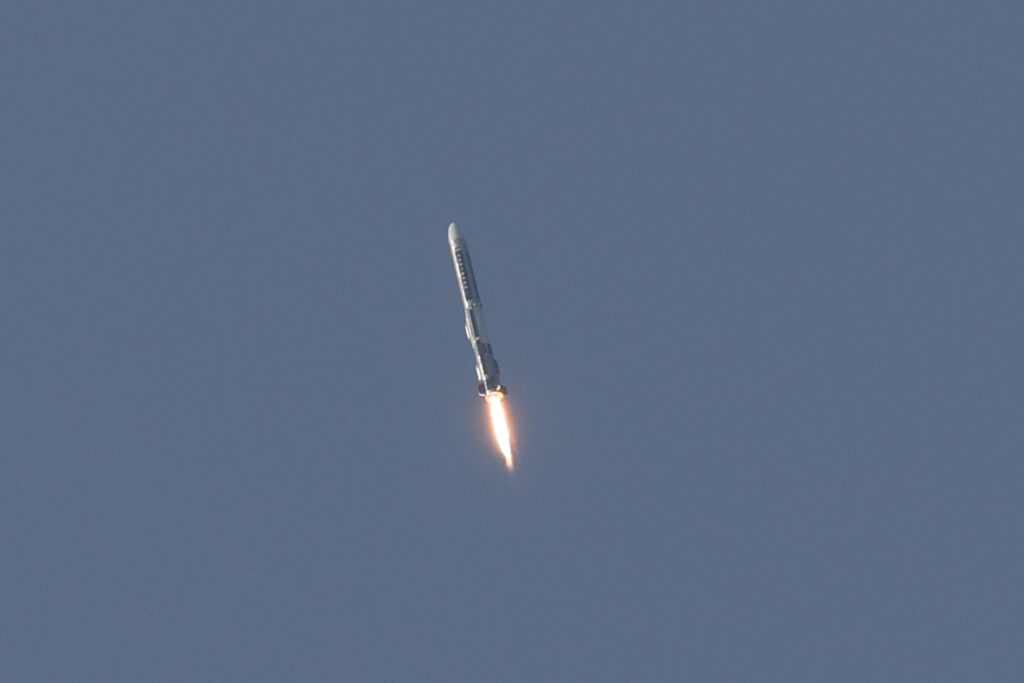
Conceived and built as a product that enables the process of launching to be reliable and repeatable with consistency, Dhanesh has two sections: Agnikul launchpad and Agnikul mission control center. Dhanesh was established at Satish Dhawan Space Center in Sriharikota on November 25, 2022.
In short, Agnikul’s feat is a testament to “Yuva Shakti”( Youth Power), as PM Narendra Modi observed. The Chennai space startup Agnikul successfully launches the country’s second privately built rocket. It is the world’s first rocket with a one-piece 3D-printed engine. Agnikul uses India’s first private launchpad. The IIT-M-incubated company has plans for regular customer flights from 2025.
